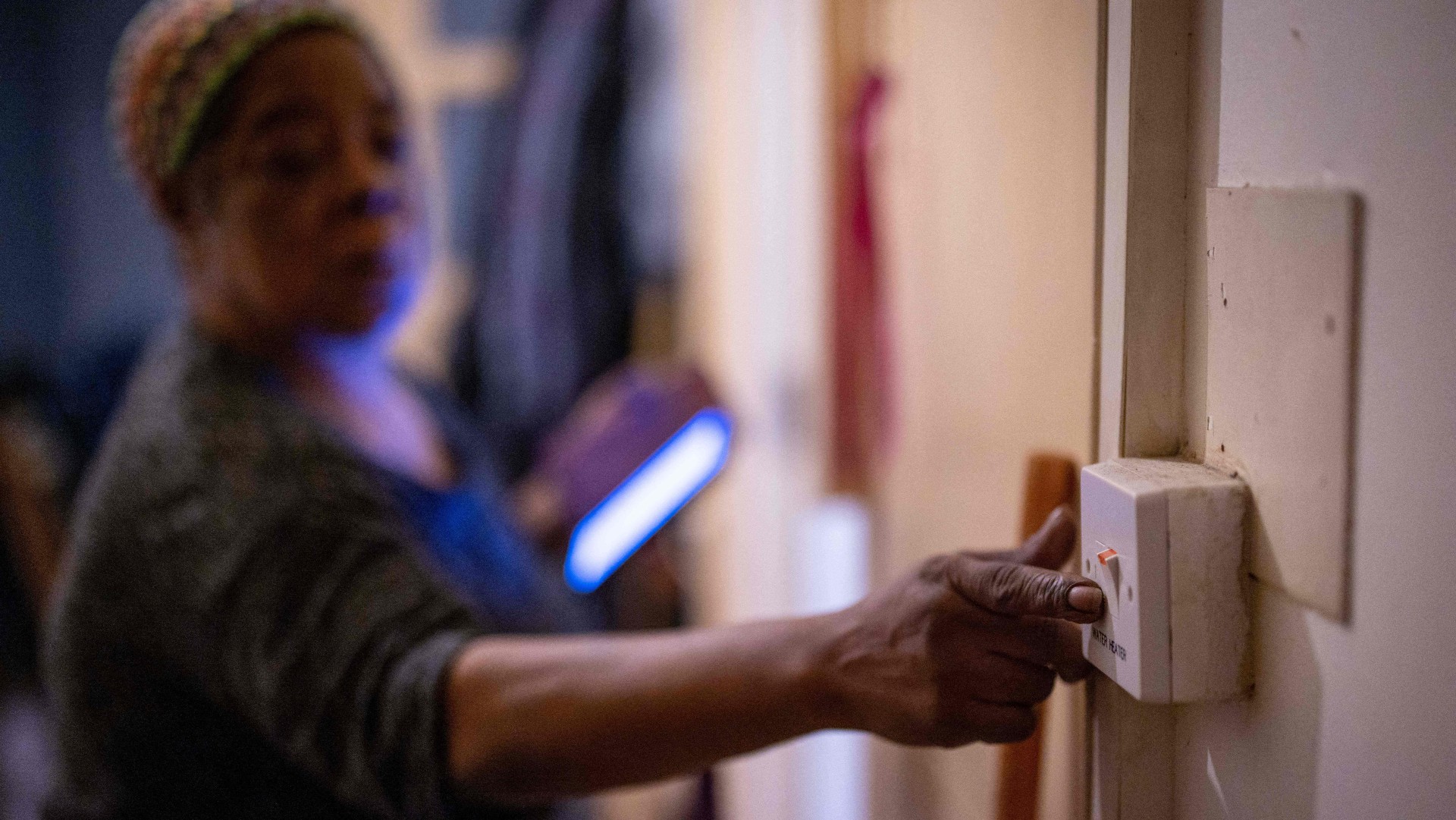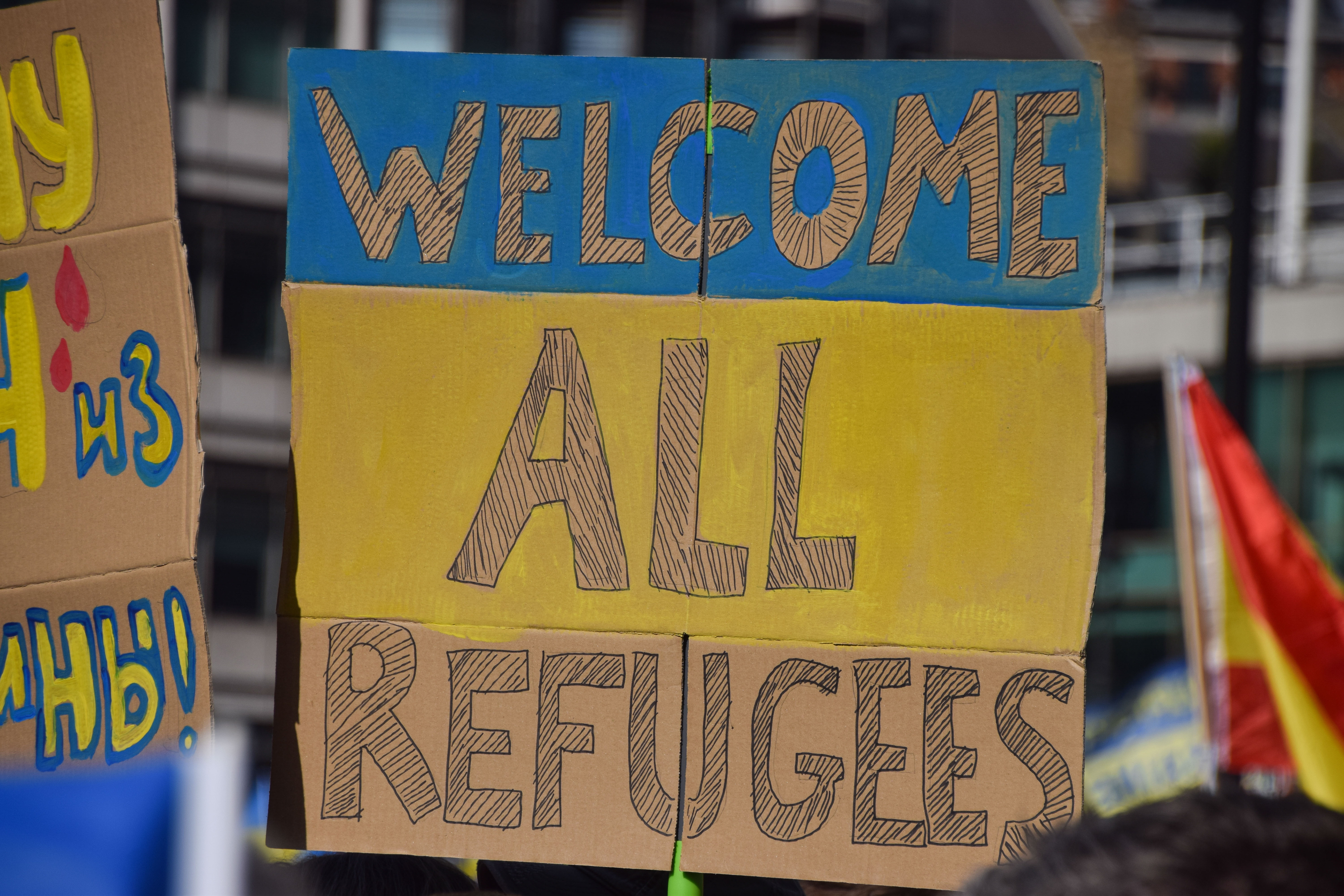The Week Unwrapped: Synthetic fuel, Myanmar and an energy rebate
Could fuels made from CO2 and hydrogen end our dependence on oil? What’s happening in Myanmar? And will energy companies pay us to use less power?
A free daily email with the biggest news stories of the day – and the best features from TheWeek.com
You are now subscribed
Your newsletter sign-up was successful
Olly Mann and The Week delve behind the headlines and debate what really matters from the past seven days. With Rory Reid, Julia Macfarlane and Guy Anker.
You can subscribe to The Week Unwrapped wherever you get your podcasts:
In this week’s episode, we discuss:
The Week
Escape your echo chamber. Get the facts behind the news, plus analysis from multiple perspectives.

Sign up for The Week's Free Newsletters
From our morning news briefing to a weekly Good News Newsletter, get the best of The Week delivered directly to your inbox.
From our morning news briefing to a weekly Good News Newsletter, get the best of The Week delivered directly to your inbox.
Synthetic fuel
The British attempt to build a supersonic car is back, with a new mission: to demonstrate the feasibility of synthetic fuels. The Bloodhound LSR’s jet engine, borrowed from a Eurofighter aircraft, now runs on a blend of hydrogen and carbon dioxide extracted from the atmosphere. While using the technology to propel a car to speeds of 700mph may not be the greenest application, there are hopes that it will help to prove its safety and reliability, and accelerate its use in aviation – where green alternatives to jet fuel are thin on the ground.
Myanmar air strike
Three days before a conference of Asian foreign ministers was due to discuss violence in Myanmar, the country’s military government launched an air strike against a music festival organised by rebels in the province of Kachin. At least 60 people are believed to have died in the attack, adding to the toll of nearly 2,300 civilians who have died since a military coup overthrew Aung San Suu Kyi in February last year. Why does Myanmar receive so little attention, and what can be done to end the violence?
Energy payments
The threat of energy shortages this winter has led some energy companies to offer households a rebate on their bill if they reduce their power consumption at moments of peak demand. The hope is that they will shift energy-intensive tasks to times of the day when the national grid has spare capacity – reducing the chances of rationing or blackouts. Will these financial incentives help us keep the lights on this winter?
A free daily email with the biggest news stories of the day – and the best features from TheWeek.com
-
 How the FCC’s ‘equal time’ rule works
How the FCC’s ‘equal time’ rule worksIn the Spotlight The law is at the heart of the Colbert-CBS conflict
-
 What is the endgame in the DHS shutdown?
What is the endgame in the DHS shutdown?Today’s Big Question Democrats want to rein in ICE’s immigration crackdown
-
 ‘Poor time management isn’t just an inconvenience’
‘Poor time management isn’t just an inconvenience’Instant Opinion Opinion, comment and editorials of the day
-
 The Week Unwrapped: Korean succession, terror by algorithm and German disquiet
The Week Unwrapped: Korean succession, terror by algorithm and German disquietpodcast Could a 10-year-old girl rule North Korea? Will an Isis victim upend web law? And why is Germany upset with its Oscars contender?
-
 The Week Unwrapped: Chinese chips, the Pope in Africa and podcasting
The Week Unwrapped: Chinese chips, the Pope in Africa and podcastingpodcast Is China losing the microchip war? What is the Vatican doing in South Sudan? And has the podcast tide turned?
-
 Why energy firms are sending in bailiffs during cost-of-living crisis
Why energy firms are sending in bailiffs during cost-of-living crisisfeature A Times investigation found that debt collectors had been force-fitting meters in people’s homes
-
 The Week Unwrapped: Sex and health, the Earth’s core and another new year
The Week Unwrapped: Sex and health, the Earth’s core and another new yearpodcast Is the NHS failing British women? What’s going on at the centre of our planet? And what’s in a date?
-
 The National Grid’s scheme to pay households to cut energy use
The National Grid’s scheme to pay households to cut energy usefeature Arrangement promises discounts but some who took part said it was ‘not worth it’
-
 The Week Unwrapped: Antisocial Saudis, hormone therapy and retro tech
The Week Unwrapped: Antisocial Saudis, hormone therapy and retro techpodcast Why is Saudi Arabia investing in – and banning – social networks? Will new research make life easier for trans women? And is the future of technology dumb?
-
 The Week Unwrapped: AI in court, Germans in Taiwan and ghostwriters
The Week Unwrapped: AI in court, Germans in Taiwan and ghostwriterspodcast Could artificial intelligence replace lawyers? What does Taiwan want from Germany? And are ghostwriters becoming less ghostly?
-
 The Year Unwrapped: White refugees, Aegean islands and celebrity gossip
The Year Unwrapped: White refugees, Aegean islands and celebrity gossippodcast Was 2022 the year of the white refugees? What’s really going on in the Aegean sea? And why are we so obsessed with showbiz scandals?